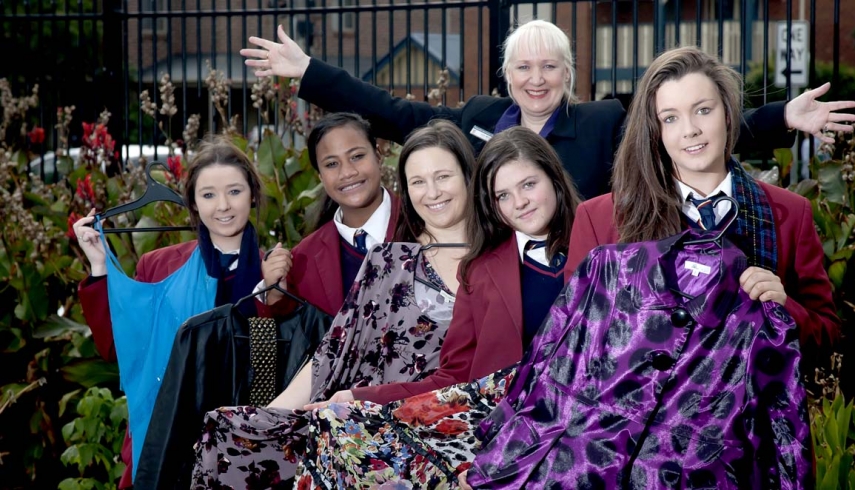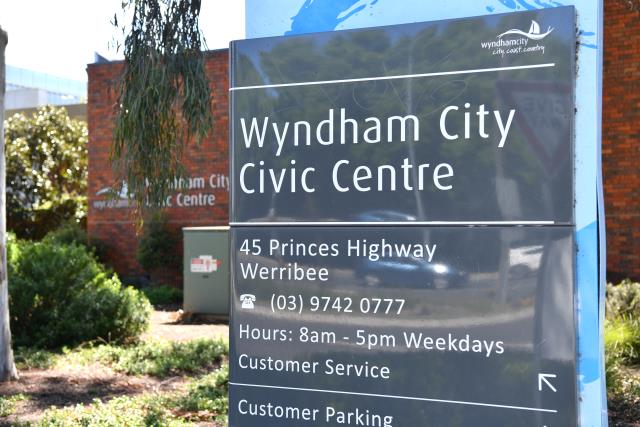HEALTH professionals have praised a Werribee Secondary College pilot program aimed at staving off low self-esteem and eating disorders by challenging girls’ perceptions of beauty.
More than 30 year 9 girls will take part in the four-week program designed by school counsellor Julie White in response to growing concerns that bad body image was becoming a “common denominator” among female students.
The program includes lessons to develop an appreciation of natural talents and to foster a sense of beauty based on internal character.
It will also teach girls how to choose clothing to suit body shapes and personalities, and to understand that much of what they see in magazines is retouched and not representative of reality.
“It’s become intrinsic in our culture, and it’s multigenerational now,” Ms White said.
“Not feeling attractive or beautiful can lead to so many other problems like depression and anger.
“So much of the fashion industry states that beauty is a certain shape . . . which surely we can’t sustain yet we’re swallowing it whole.” The program will culminate with a school fashion parade on May 17.
Eating Disorders Victoria spokeswoman Megan O’Connor said the school-based program was an effective tool to protect girls from the risks of eating disorders, depression and anxiety.
“Media literacy is particularly valuable so girls don’t see something in a magazine and assume it’s all true, and to understand the tricks of the trade that advertising and the fashion industry uses,” she said.
Ms O’Connor said adolescence was a particularly vulnerable period.
“Figures show one in five women in the student population suffer bulimia, and we actually suspect those numbers are underestimated.
“It’s a time when people are undergoing a lot of change and being bombarded with marketing messages – Instagram, Facebook, magazines – everything does seem to be based on the ‘body beautiful’ and it’s a very hard thing to counteract.”
Eating Disorders Victoria supports about 10,000 Victorians each year, including those suffering eating disorders and their families.
EDV help line: 1300 550 236.







